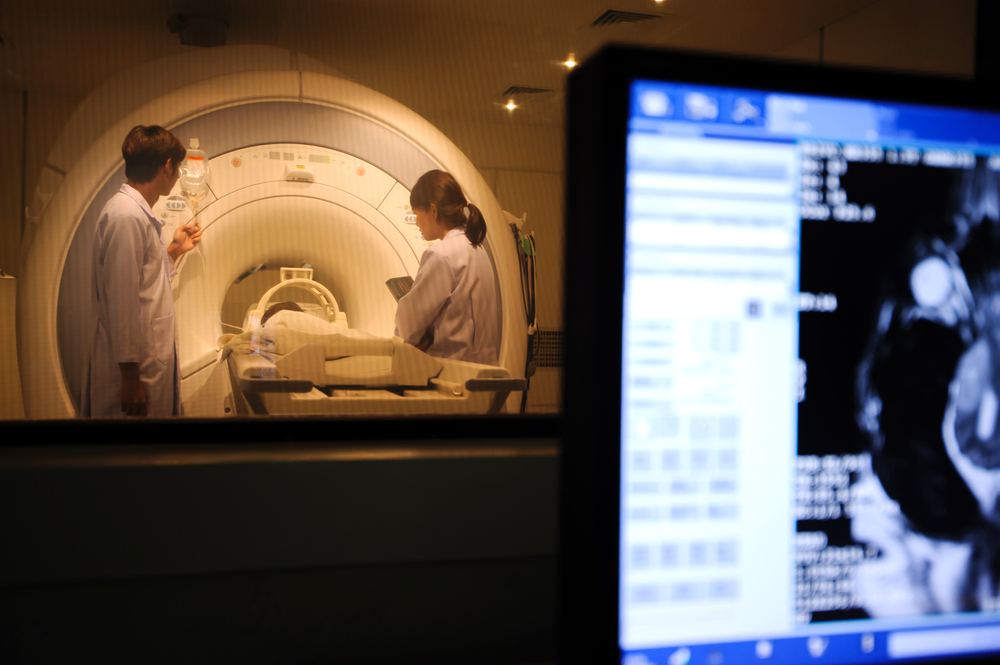 The quality of medical care received is influenced by the location of care services, according to a new study conducted at the New York University Langone Medical Center and the Laura and Isaac Perlmutter Cancer Center, published in JAMA Oncology.
The quality of medical care received is influenced by the location of care services, according to a new study conducted at the New York University Langone Medical Center and the Laura and Isaac Perlmutter Cancer Center, published in JAMA Oncology.
The research revealed that prostate cancer patients in certain locations of the country are more likely to receive inappropriate examination.
The study entitled “Regional-Level Correlations in Inappropriate Imaging Rates for Prostate and Breast Cancers” demonstrated there was an overuse of imaging in 44.4% of the cases of low-risk prostate cancer, after examining medical records of 9,219 men treated in 84 different hospital referral regions (HRRs) between 2004 and 2007.
In addition, imaging overuse was directly connected to certain regions of the Unites States, with a higher use in Northeast HRRs and a more appropriate use of imaging in the regions of Northwest and Utah. “These findings challenge us to move in a different direction than focusing exclusively on individual patient/doctor decision making,” said study’s lead investigator, Danil V. Makarov, MD, in a press release.
“Policy makers and researchers need to target high-utilization regions and promote incentives for appropriate care. Such a focus would enhance efforts to cut excessive health spending and build value-based strategies into health care practice,” added Dr. Makarov, who serves as assistant professor of Urology, Population Health and Health Policy at NYU Langone and is a member of the Perlmutter Cancer Center.
The investigators used a method of retrospective and cross-sectional examination of data gathered from the Surveillance, Epidemiology, and End Results (SEER) Medicare-linked database, focused on the use of imaging tests, including CT and bone scans. The study also analyzed data regarding breast cancer in women.
“If we are to achieve better value-based care,we must focus on issues such as regional culture and infrastructure. The push to focus on decision making between doctor and patient is not likely to be sufficient,” explained Makarov. “Our results reinforce the wisdom of policy planners to highlight reduction of inappropriate cancer imaging among their priorities.”
The investigator, who worked in collaboration with the associate professor of the departments of Medicine and Population Health, NYU Langone Medical Center and member of its Laura and Isaac Perlmutter Cancer Center, Heather T. Gold, PhD, said that further research is necessary to understand the impact of new political measures.

